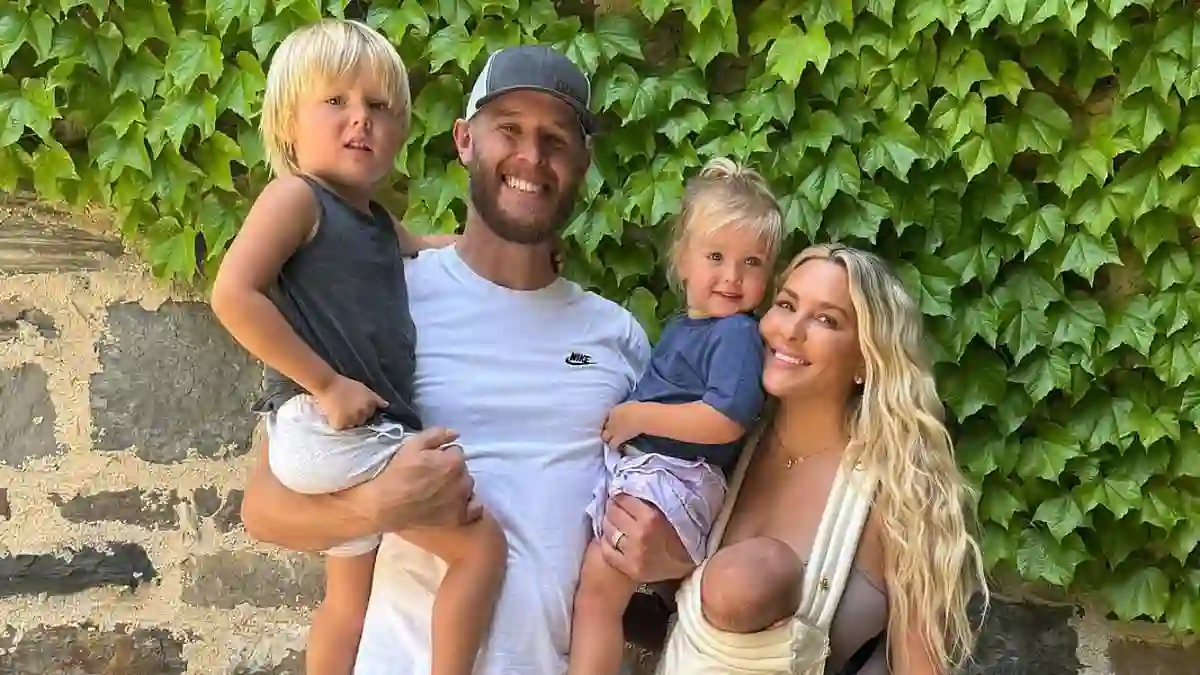Sue Mi Terry, a former CIA analyst and policy insider, has found herself at the center of one of Washington’s most high-profile legal cases in recent years.
Accused of secretly working for South Korea, Terry is now claiming that the FBI humiliated her during an early-morning interrogation in her Manhattan apartment, raising eyebrows and fueling debate over her prosecution.
FBI Interrogation Sparks Controversy
Terry, 55, alleges that on June 5, 2023, FBI agents arrived at her Upper West Side home at 8:40 a.m., catching her still in pajamas.
According to court filings, she was not allowed to put on a bra or change her clothes without a female agent accompanying her—a requirement Terry describes as deeply demeaning.
“I felt as if I were being taken prisoner in my own apartment,” she said in a sworn statement.
Charges of Acting as a Foreign Agent
Prosecutors contend that Terry violated the Foreign Agents Registration Act (FARA) by promoting South Korean policy in U.S. media, passing non-public information, and facilitating access for Seoul’s officials—all while receiving rewards including designer handbags, luxury coats, Michelin-star dinners, and $37,000 in covert funding.
Surveillance images filed in court show Terry carrying luxury shopping bags outside high-end boutiques in Washington, allegedly paid for by South Korean contacts.
A Career in National Security
Terry’s resume is impressive: born in Seoul and raised in Virginia, she spent seven years at the CIA, then served as director of Korean, Japanese, and Oceanic Affairs at the National Security Council under both Presidents George W. Bush and Barack Obama.
More recently, she was a senior fellow at the Council on Foreign Relations until being placed on unpaid leave following her indictment.
The Personal and Social Toll
Terry shares a $2.2 million, six-room apartment with her husband, historian Max Boot.
The couple is well-known in New York’s social scene, attending cultural galas, policy forums, and high-profile dinners.
But the indictment has cast a shadow over her social and professional life, leaving Terry’s once-bustling calendar in limbo.
Legal Team Defends Work as Scholarly and Independent
Her defense argues that prosecutors are misrepresenting routine foreign policy work, which often involves meetings with foreign officials, policy discussions, and accepting modest tokens of appreciation.
Terry’s lawyers stress that she was a critic of the South Korean government during the years she is accused of secretly working for it.
They have filed motions asserting that the case could set a dangerous precedent, chilling the work of academics, journalists, and think tank professionals.
Advocacy Groups Rally Behind Terry
Organizations including the ACLU, the Knight First Amendment Institute, and the Reporters Committee for Freedom of the Press have filed briefs in support of Terry.
They argue that broad enforcement of FARA threatens free speech and democratic discourse.
ACLU counsel Aamra Ahmad called for a narrow interpretation of the law, while George Wang of the Knight Institute warned that expansive readings of FARA could “chill protected speech.”
Changing Political Winds Could Influence the Case
Recent shifts in Washington’s approach to FARA enforcement could play in Terry’s favor.
President Donald Trump signaled a pullback on FARA prosecutions, and Attorney General Pam Bondi disbanded the FBI’s Foreign Influence Task Force, focusing future enforcement on classic espionage rather than influence operations.
While these changes are not retroactive, they cast doubt on cases like Terry’s.
FARA’s Controversial Legacy
Originally enacted in 1938 to counter Nazi propaganda, FARA requires individuals lobbying for foreign governments in the U.S. to register with the Justice Department.
Critics say it is outdated, vague, and inconsistently enforced, with some foreign lobbyists exploiting loopholes or providing misleading information.
Personal Humiliation Meets Constitutional Questions
Terry’s filing underscores the personal toll of her case, emphasizing the early-morning indignities she endured and questioning the constitutionality of the FBI’s actions.
As the legal battle unfolds, a federal judge will weigh whether these alleged abuses, combined with broader First Amendment concerns, are sufficient to challenge one of the most high-profile foreign agent prosecutions in recent memory.



